Summary
- Prior to the Marvel Cinematic Universe, non-MCU Marvel movies often failed to capture the magic of the comics, leading Marvel to sell the movie rights to other production studios.
- Despite Disney’s purchase of Marvel Entertainment, some film rights still belong to other studios, resulting in separate franchises like X-Men and Spider-Man outside the MCU.
- Many non-MCU Marvel movies, such as the Hulk and the original Spider-Man adaptations, are stylistically different from the MCU but remain watchable and enjoyable in their own right.
Well before the Marvel Cinematic Universe, live-action movies were adapting Marvel Comics’ famous characters. Prior to Marvel Studios’ release of Iron Man in 2008, the first official entry into the official MCU timeline, non-MCU Marvel movies had an uneven track record that didn’t always manage to capture the magic of the comics. After the commercial and critical failure of Howard the Duck, Marvel faced bankruptcy and chose to sell the movie rights to its most well-known properties, including the X-Men and The Fantastic Four, allowing several films featuring those characters to be developed by other production studios.
Marvel Entertainment was purchased by Disney in 2009. Despite that, the film rights to many Marvel characters still belonged to other studios. As a result, some of the biggest franchises, including the X-Men and Spider-Man film adaptations, exist entirely separate from Marvel Studios’ MCU. The 2019 acquisition of 20th Century Fox by Disney meant that Fox’s previous stories, most notably those including the X-Men and mutants, could be rebooted in the MCU. There is a long history of non-MCU Marvel movies that are stylistically different from the MCU, but many of them remain watchable. Here’s every Marvel movie that isn’t part of the MCU.
Related
Every Marvel Cinematic Universe Movie Ranked Worst To Best
Over 15 years and 33 movies, the Marvel Cinematic Universe movies have redefined blockbuster cinema. But how do all the films stack up?
Captain America Serial Film & Return of Captain America (1944)
Marvel’s Live Action Beginning
While Marvel Comics was still operating as Timely Comics, Republic’s Captain America serial film, released in 1944, follows District Attorney Grant Gardner instead of the more well-known Steve Rogers. Gardner goes after Dr. Maldor after his secretary is kidnapped and prevents him from using a “Dynamic Vibrator” to unleash a toxic chemical, “Purple Death.” The film is evidently a product of its time both in format and narrative approach, as it was a campy, low-budget serial with outdated tropes.
Captain America was also Republic’s last serial superhero movie — with other notable releases being DC’s Captain Marvel and Batman — and was re-released as Return of Captain America in 1953. The movie obviously doesn’t hold up to more modern superhero spectacles, but it is still worth checking out for genre fans. If nothing else, it’s an entertaining reminder of how far superheroes have come.
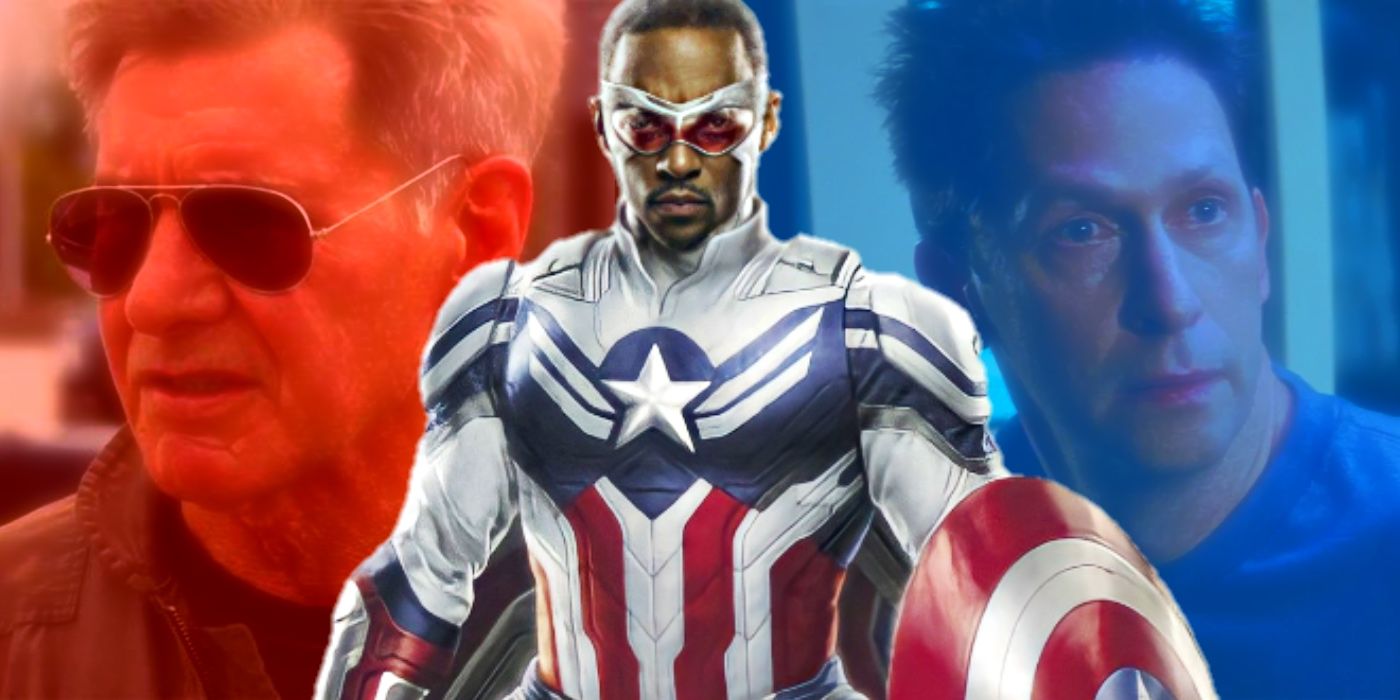
Related
10 Big MCU Questions That Need To Be Answered In Captain America Brave New World
Captain America: Brave New World will need to answer some important questions concerning not only Sam Wilson but also the state of the MCU at large.
The Bill Bixby & Lou Ferrigno’s Incredible Hulk Movies (1977–1990)
Bringing The Jade Giant To Life
One of the most successful non-MCU Marvel outings was the 1977 The Incredible Hulk TV show, starring Bill Bixby as David Banner and Lou Ferrigno as the Hulk. Banner’s tragic story starts with a one-hour movie called The Incredible Hulk, followed by the more comedic The Return of The Incredible Hulk, 1988’s The Incredible Hulk Returns (which also featured the first live-action version of Thor), 1989’s The Trial of The Incredible Hulk, and 1990’s tragic finale, The Death of The Incredible Hulk.
The movies and the show are known for capturing the pain of Hulk’s duality, and their influence can even be felt throughout the Hulk’s tumultuous MCU journey. Seeing Hulk done with makeup and no special effects may be jarring for those used to a larger Avenger, but there’s an undeniable charm in Ferrigno’s performance. While a product of their time, younger Marvel fans would do well to check out The Incredible Hulk movie and the ensuing series.
Columbia Pictures’ Spider-Man 1977–1981
Spider-Man’s Live-Action Debut
Although Spider-Man’s earliest non-MCU Marvel movies are now mainly the target of memes, they were well-received at the time of their original release. Columbia Pictures demonstrated how visually stunning the young hero could be on the big screen in 1977 with practical effects and a real stunt-person web-slinging and wall-crawling. Nicholas Hammond starred in the 1977 film, as well as a TV show and two theatrical sequels, Spider-Man Strikes Back and Spider-Man: The Dragon’s Challenge.
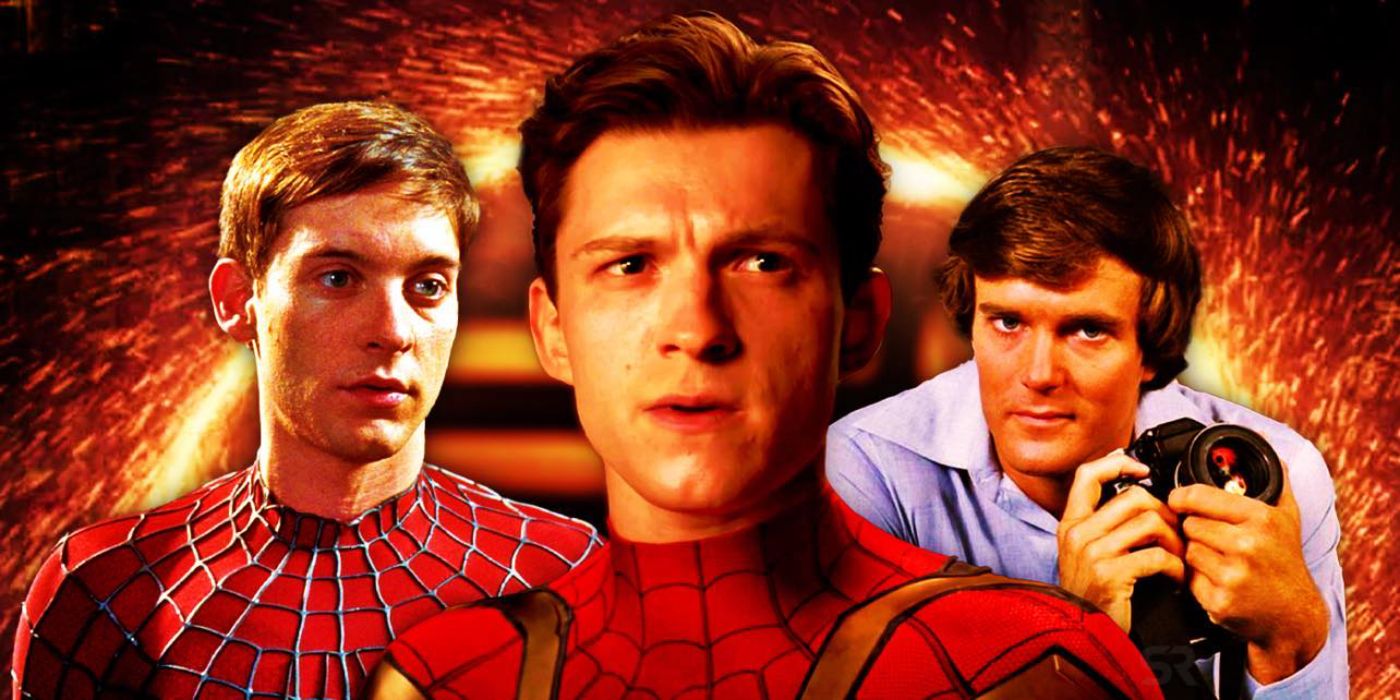
Related
Every Actor Who Has Played Spider-Man In Live Action
While the 21st century Spider-Man actors are more recognizable, the webslinger has a live-action career that goes back several decades.
Spider-Man’s first trilogy may not look serious by modern standards, but it holds up as a somewhat accurate adaptation of the tone of the comics from the silver and bronze ages of Marvel Comics. There’s only so much that can be done with a hero as fantastical as Spider-Man, and the 1977 film does an entertaining job adapting his powers to the film making technology of the time. The visual fidelity may not be there, but the heart undeniably is.
Toei’s Spider-Man (1978)
Spider-Man Goes International
Toei’s Spider-Man released in 1978 concurrently with a popular TV show at the time. Shinji Tōdō played Takuya Yamashiro, a racer who came into contact with an alien spaceship called the Marveller. Garia, the last survivor of Planet Spider, gives Takuya his powers through a blood transfusion.
The incident also causes the evil Professor Monster to become Takuya’s archenemy. The 1978 movie saw Spider-Man team up with Interpol Agent Jūzō Mamiya and transform the Marveller into a robot to fight a monster called Sea-Devil. Clearly, Toei’s Spider-Man has almost nothing to do with Marvel Comics’ original hero, but that doesn’t mean the story isn’t weirdly enjoyable, regardless.
Dr. Strange (1978)
Dr. Strange was a 1978 feature-length TV pilot for CBS starring Peter Hooten that served as an origin story for the Sorcerer Supreme in a story that unfortunately never saw the full light of day. Unlike the contemporary series The Incredible Hulk, and despite Stan Lee’s involvement as a consultant, Dr. Strange wasn’t picked up by CBS. The non-MCU Marvel movie had the potential to be a cheesy but fun take on the Sorcerer Supreme.
It’s disappointing that audiences won’t ever get to see Strange’s on-screen evolution. Hooten’s Strange may have become a cult classic, much like Ferrigno’s Hulk or other Marvel properties of the era. Fortunately, full-length feature has been released on VHS, DVD, and Blu-Ray several times over the years for those curious to check it out. However, it has not made the leap to streaming.
Captain America 1979–1990
The Early Adventures Of Steve Rogers
Captain America’s first three movies are among the cheesiest of all the non-MCU Marvel movies. 1979’s Captain America and Captain America II: Death Too Soon follow a motorcycle-riding version of Steve Rogers, who gets his superhero identity and powers from his father. 1990’s Captain America is a bit more comic-accurate, with Steve Rogers being frozen and thawed, a deformed Red Skull wanting to destroy the United States with a nuclear bomb, and a Captain America costume that is a little bit too accurate for its own good.
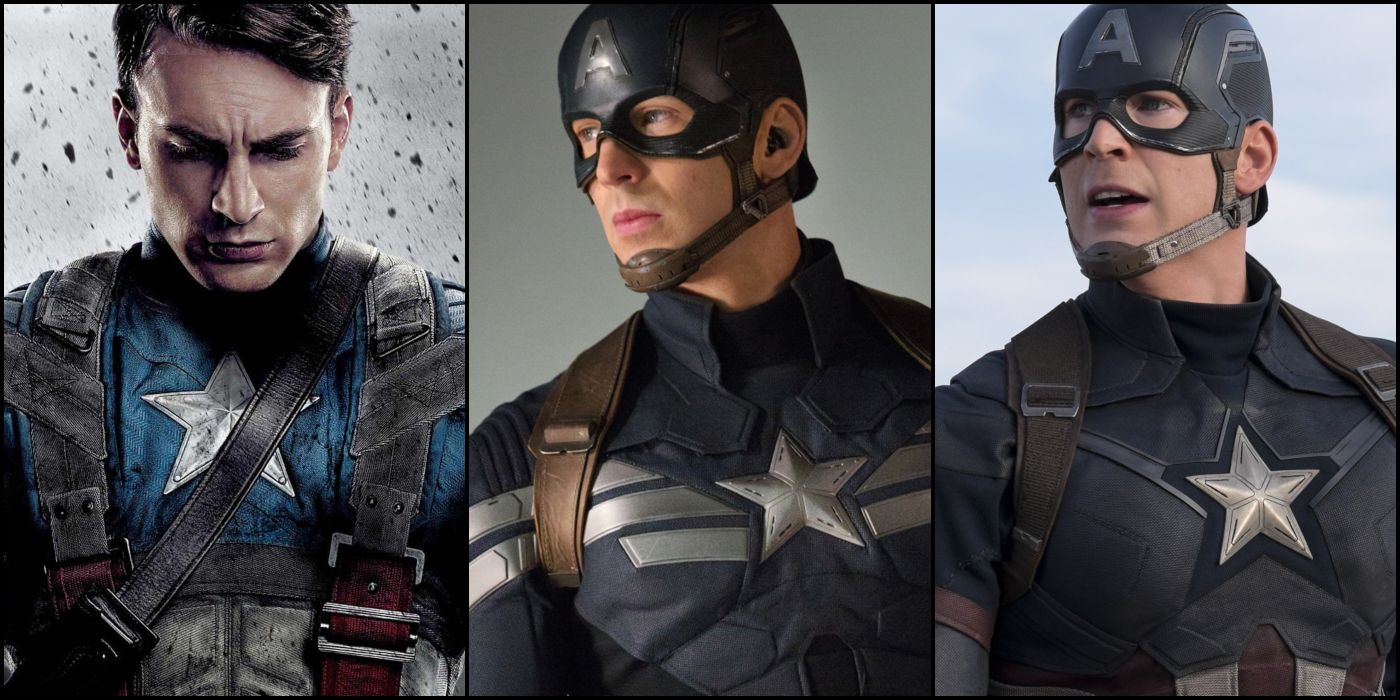
Related
Every Captain America Movie, Ranked
Captain America’s three solo films are some of the most key movies in the Marvel Cinematic Universe – but only one can be the best in the trilogy.
Like most Marvel movies from the era, Captain America’s pre-MCU movies are a product of their time. However, that doesn’t mean they aren’t worth revisiting. While they don’t hold up to the spectacle of the MCU, there’s undeniable charm, and the way Steve rides with his shield on the front of his motorcycle is a visual that’s still used in comics and movies today.
Howard the Duck (1986)
A Planned Animated Movie Goes Live-Action
Howard the Duck
- Director
- Willard Huyck
- Release Date
- August 1, 1986
- Cast
- Lea Thompson , Jeffrey Jones , Tim Robbins , Ed Gale , Chip Zien , Tim Rose
- Runtime
- 110 minutes
Howard the Duck is a 1986 science-fiction comedy based on Marvel’s irreverent anthropomorphic duck. Though intended as an animated film, it became live-action due to a contractual obligation. Unfortunately, Howard the Duck was a critical and commercial failure, despite starring Back to the Future‘s Lea Thompson as Beverly Switzler and Chip Zien voicing Howard.
Critics and audiences mostly disliked the film’s bizarre story and humor, and as a result, Howard the Duck has often been included in “worst movies of all time” lists. Howard the Duck has since appeared in MCU projects including the Guardians of the Galaxy franchise and What If…?. Time has been kind to the character, allowing his bizarre debut film to be viewed as entertainingly strange instead of just plain too odd to watch.
The Punisher Movies 1989–2008
Three Takes On Frank Castle
Punisher: War Zone
- Director
- Lexi Alexander
- Release Date
- December 5, 2008
- Cast
- Ray Stevenson , Dominic West , Julie Benz , Colin Salmon , Doug Hutchison , Dash Mihok , Wayne Knight
- Runtime
- 103 minutes
Just like Marvel Comics’ anti-hero, live-action adaptations of the Punisher have been some of the most brutal non-MCU Marvel films. Action movie icon Dolph Lundgren starred as Frank Castle in 1989’s The Punisher. Lundgren didn’t wear Castle’s classic costume but fought the Yakuza to defend the children of the mob he used to torment.
Thomas Jane starred in 2004’s The Punisher, seeking revenge for his family’s murders caused by John Travolta’s Howard Saint. Lastly, Ray Stevenson starred in 2008’s The Punisher: War Zone, with Dominic West as the most accurate live-action depiction of Jigsaw to date. Jane later reprised the role for a 2012 fan film, The Punisher: Dirty Laundry. Frank is currently in the MCU, portrayed by Jon Bernthal
Fantastic Four (1994)
A Strange Story
Like the failed Captain America and Doctor Strange movies, the first non-MCU Fantastic Four movie wasn’t made with the same ambition as Marvel’s recent blockbusters. 1994’s Fantastic Four was allegedly never supposed to be released, only being developed as a way to keep the characters’ film rights from expiring. Unaware of this, the cast witnessed promotion for the film canceled, with the producers even intending to erase every copy of the final product.
Fortunately, this non-MCU movie still exists as a unique part of Marvel film history, but its low budget and bare-bones story are enough to confirm why it was never intended to be a “real” Marvel film. However, theFantastic Four does do a surprisingly good job mixing the heroes’ inherent campiness with family dynamics. The movie can be streamed in its entirety on YouTube.
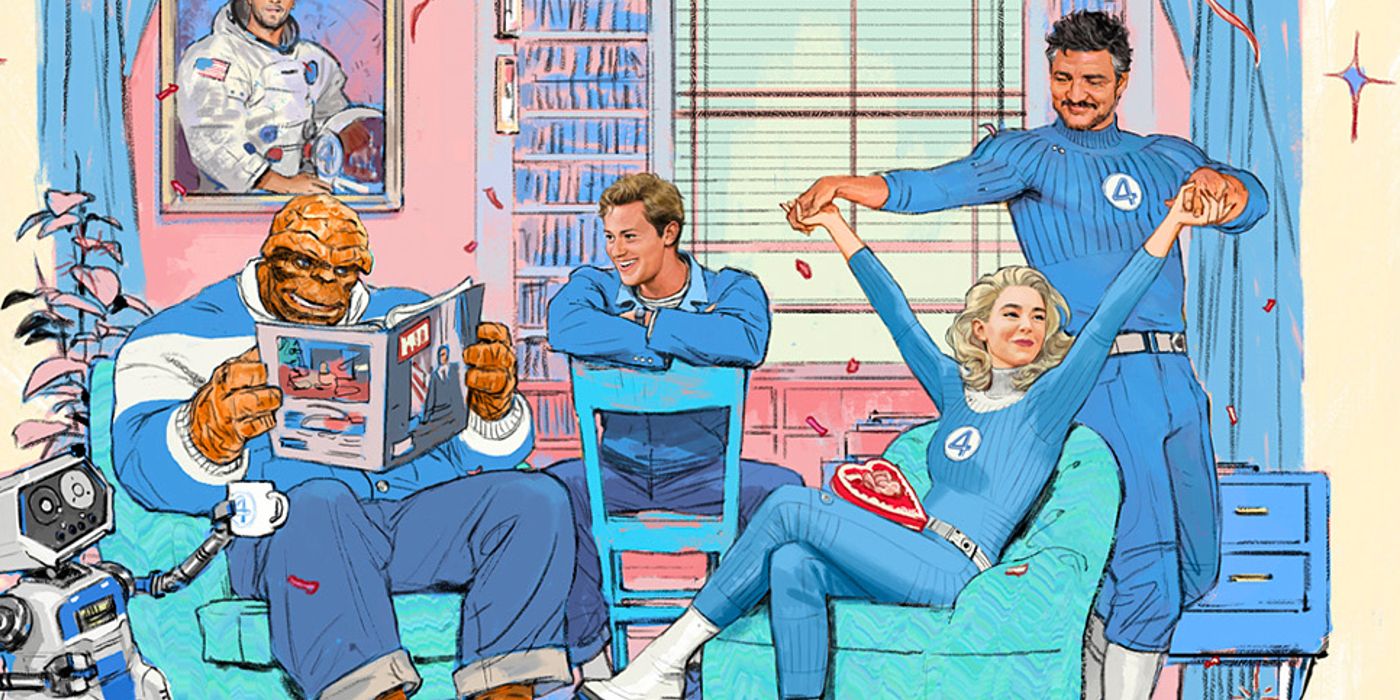
Related
Everything We Know About Marvel’s Fantastic Four Reboot
The MCU is bringing a new version of the Fantastic Four as part of its Multiverse Saga, and here’s what you need to know about this reboot.
Generation X (1996)
An Overlooked X-Men Project With Flaws
Based on the eponymous mutant team of the 1990s, Generation X is perhaps one of the most overlooked of the early non-MCU Marvel movies. Jubilee serves as the movie’s main protagonist, with Emma Frost as the mentor figure and Doctor Russel Tresh as the villain. Other mutants include Banshee, M, Mondo, Skin, Buff, and Refrax.
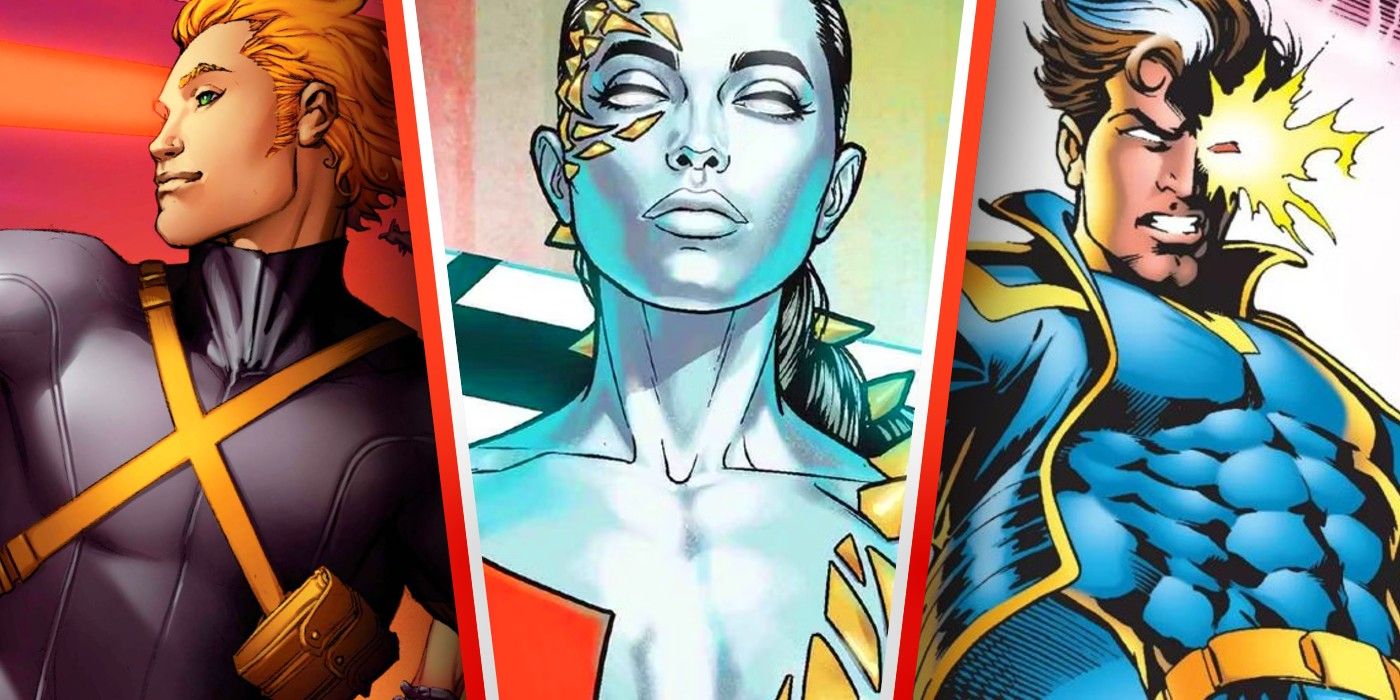
Related
10 X-Men Characters Too Powerful to Work in the MCU
The X-Men franchise has many of Marvel’s most powerful heroes, but these mutant powerhouses would break the MCU if they ever appeared.
The movie shares some similarities with Fox’s X-Men franchise regarding its basic themes of mutant exclusion. It also has strong parallels to 2020’s The New Mutants, as it follows a team of teenage students who begin to familiarize themselves with their powers while at the Xavier School for Gifted Youngsters. The visuals leave a lot to be desired, but it’s clear the the core ideas of what makes X-Men work are there.
Nick Fury: Agent of S.H.I.E.L.D (1998)
David Hasselhoff Brings The Director Of SHIELD To Life
1998’s Nick Fury: Agent of S.H.I.E.L.D. is yet another feature-length pilot for a failed Marvel TV series. Baywatch star David Hasselhoff starred as Fury, based on Marvel Comics’ original version (before Samuel L. Jackson revamped the character). The film featured lots of Captain America-related characters, such as Dr. Arnim Zola, the Von Strucker family, Dum Dum Dugan, and Contessa Valentina Allegra de Fontaine — who made her MCU debut in The Falcon and the Winter Soldier played by Julia Louis-Dreyfus.
David Hasselhoff has since made a cameo appearance in Guardians of the Galaxy as one of the forms Ego takes to manipulate Peter Quill into joining him. With the MCU deep into the Multiverse Saga, a Hasselhoff cameo seem more likely than ever. A quick appearance as his version of Fury would be a welcome homage to the character’s first live-action appearance.
The Blade Trilogy (1998-2004)
Wesley Snipes Brings The Vampire Hunter To Life
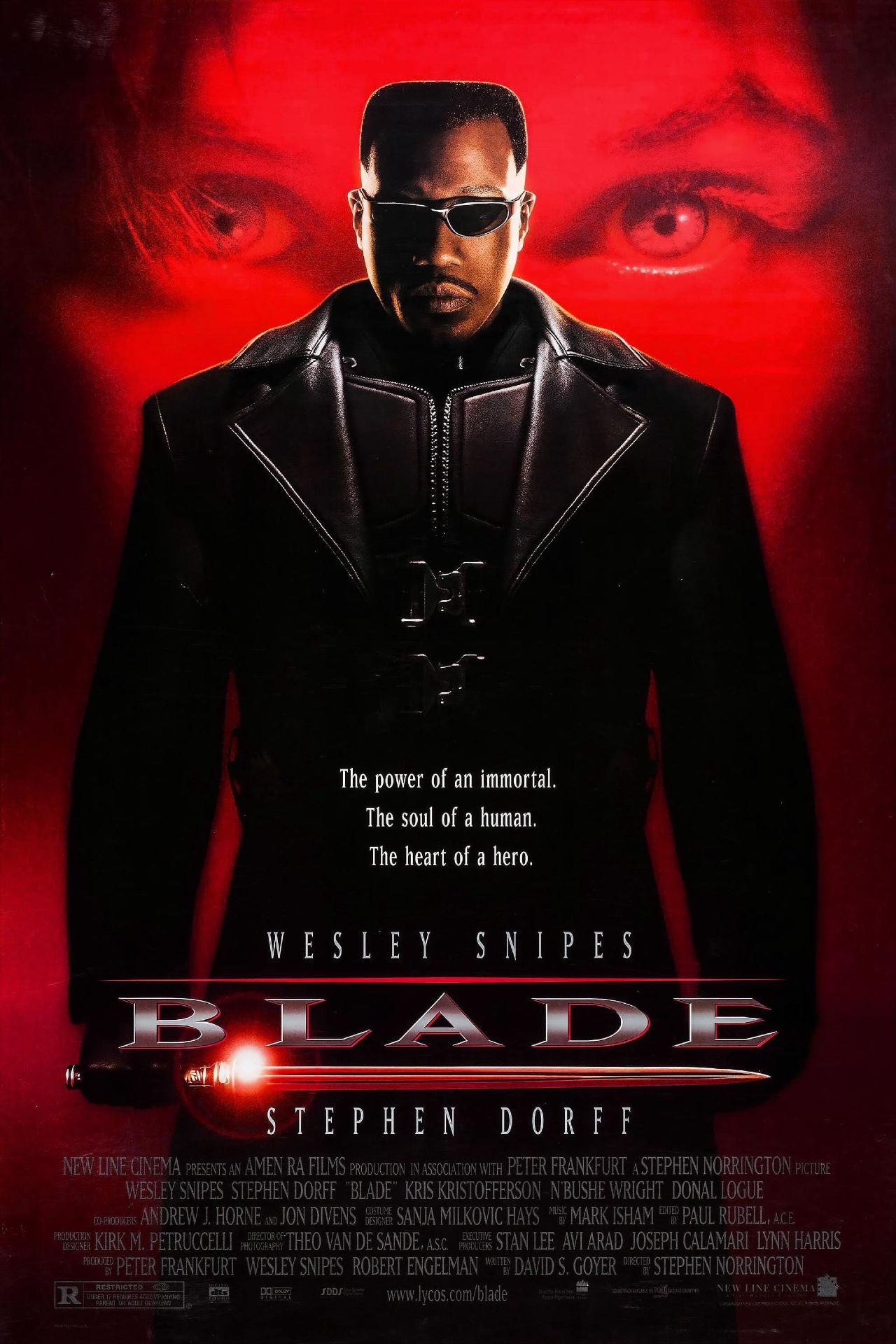
Blade (1998)
- Director
- Stephen Norrington
- Release Date
- August 21, 1998
- Cast
- Wesley Snipes , Stephen Dorff , Kris Kristoffersen , N’Bushe Wright , Donal Logue , Udo Kier , Arly Jover , Traci Lords
- Runtime
- 120 Minutes
Blade released in 1998, directed by Stephen Norrington and starring Wesley Snipes in the titular role. Blade follows a Dhampir (a human with vampire strengths but no weaknesses) who fights vampires, most notably Deacon Frost. The movie is part of Marvel’s important pre-MCU wave of movies in the late 90s and early 2000s (along with X-Men and Spider-Man) that paved the way for future projects.
Blade struck a note with critics and audiences, spawned two sequels, and gave superhero movies a boost in reputation. Blade II released in 2002, and the disastrous Blade: Trinity followed in 2004. The trilogy set the stage for Sam Raimi’s Spider-Man movies, and Mahershala Ali was confirmed to be rebooting the character for the MCU. Details on the MCU’s Blade reboot remain slim.
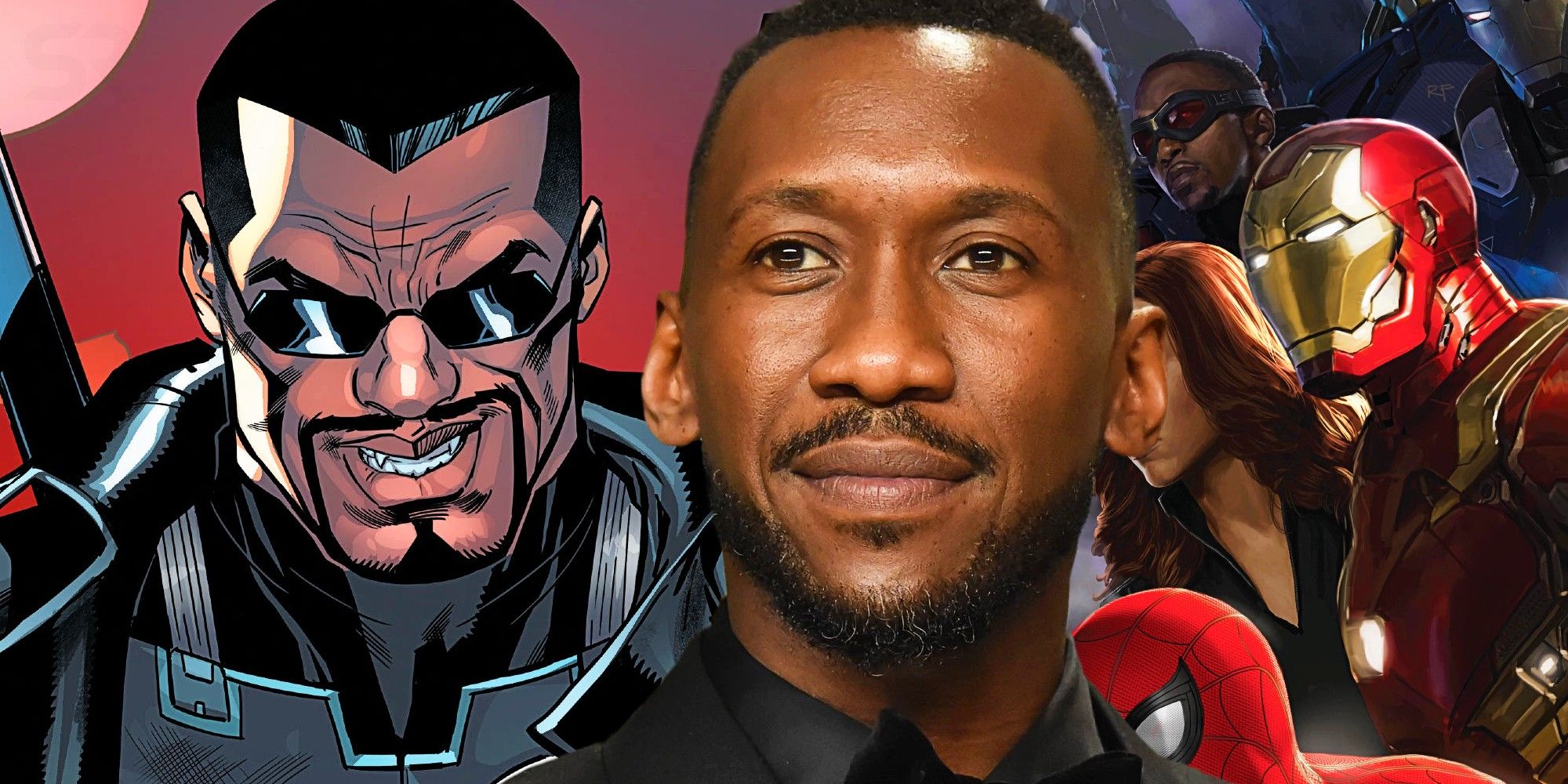
Related
New Blade Movie: Cast, Release Date & Everything We Know
Marvel’s new Blade movie starring Mahershala Ali is moving forward, and here’s everything we know about the MCU film’s release date, cast, and story.
The Fox X-Men Franchise (2000-2019)
Soon To Get Closure From Deadpool & Wolverine
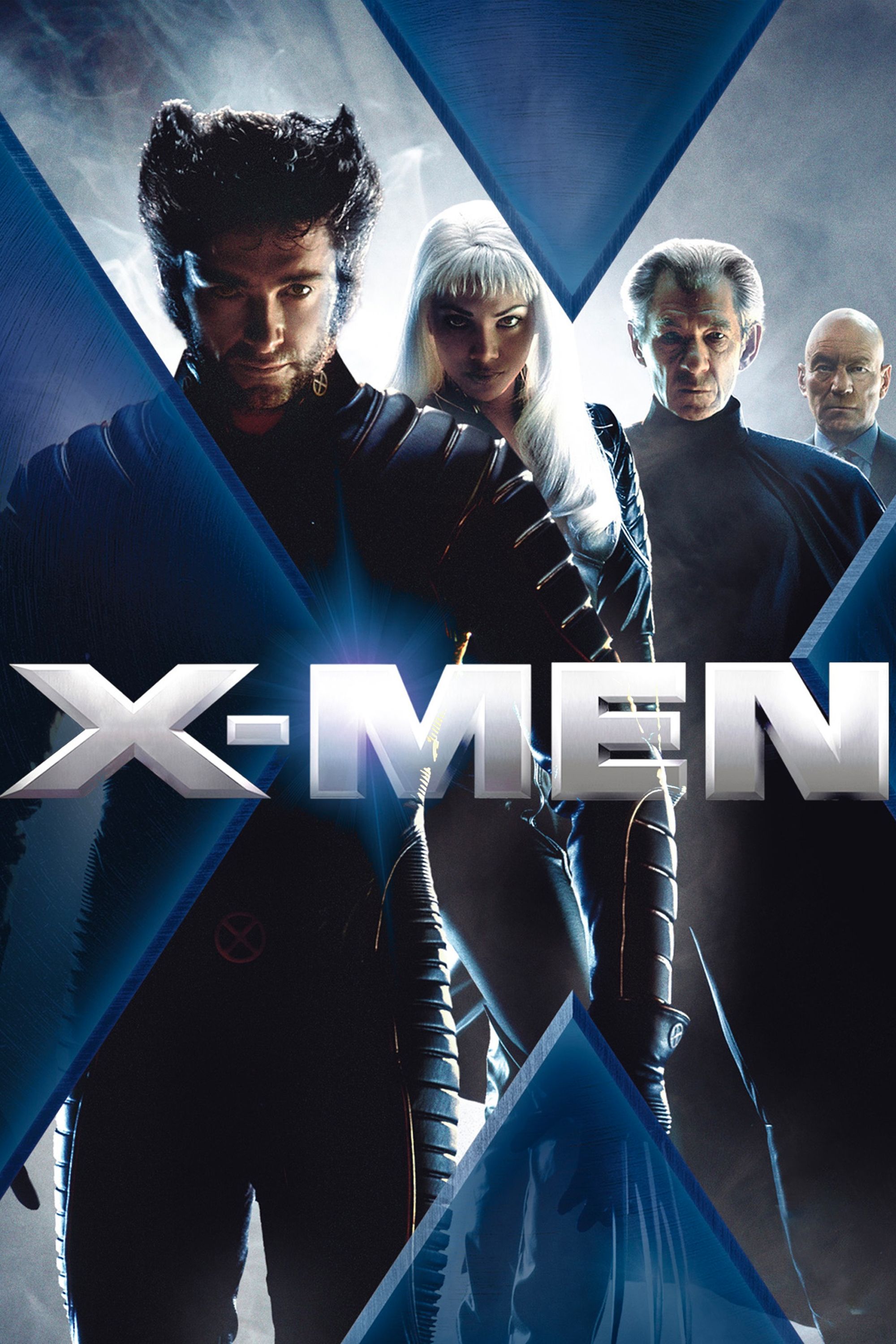
X-Men
- Director
- Bryan Singer
- Release Date
- July 14, 2000
- Runtime
- 104 Minutes
20th Century Fox first obtained the rights to Marvel Comics’ X-Men in 1994 and held them until 2019, with Bryan Singer hired to direct the first two films. The original X-Men trilogy includes 2000’s X-Men, 2003’s X2, and 2006’s X-Men: The Last Stand. The original trilogy led to the release of spin-off films, 2009’s X-Men Origins: Wolverine and 2013’s The Wolverine.
Fox’s X-Men franchise was soft-rebooted in 2011 with X-Men: First Class, a film that explored the formation of the X-Men and the friendship between Magneto and Professor X. This led to 2014’s release of X-Men: Days of Future Past, 2016’s X-Men: Apocalypse, and 2019’s X-Men:Dark Phoenix. It was a bold move, and the connection with the previous trilogy (via Days of Future Past) presented at-the-time unheard-of cross-franchise interconnectivity.
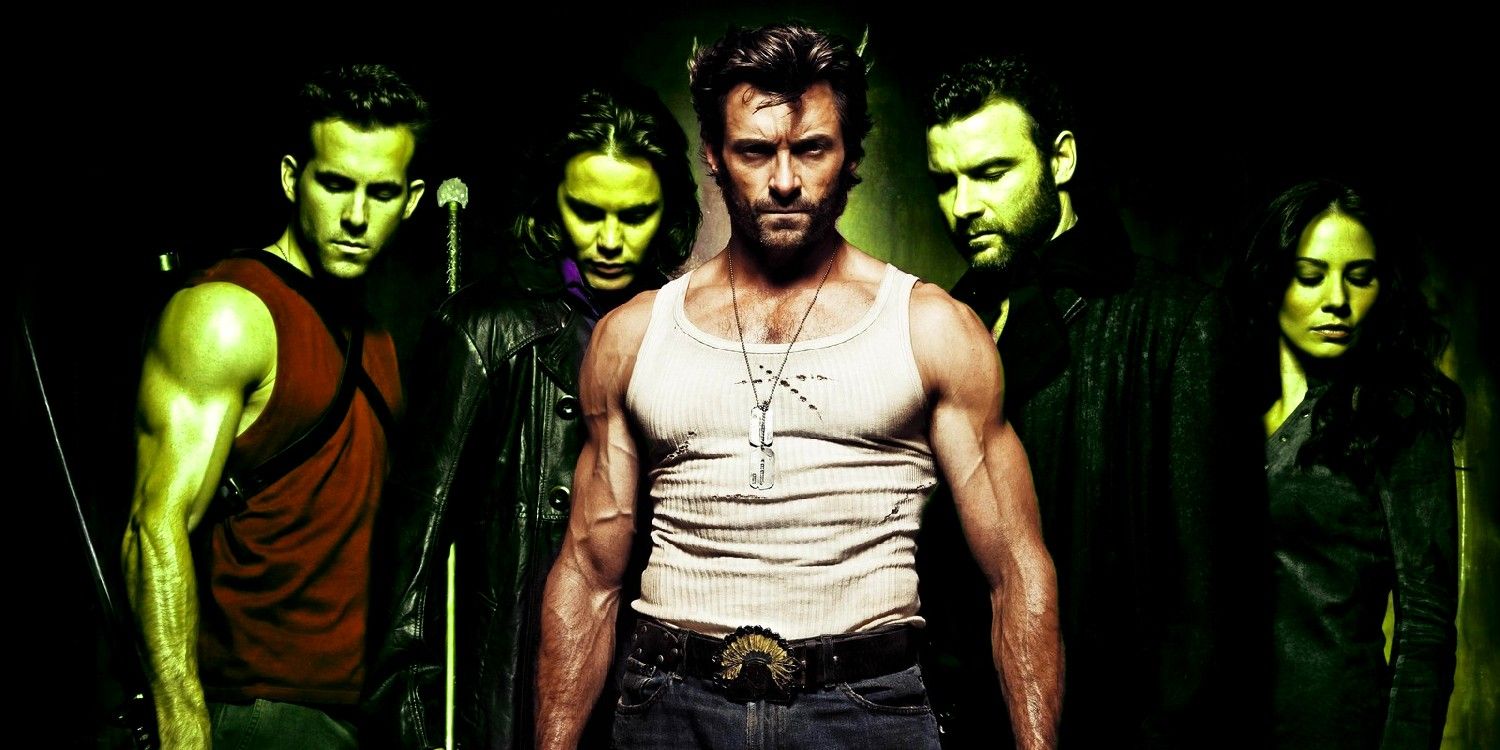
Related
10 Wolverine Trilogy Characters You Didn’t Realize Are From Marvel Comics
Even the most obscure characters in Fox’s Wolverine movies have origins in Marvel Comics, often faithfully adapted from classic X-Men stories.
While some of Fox’s X-Men films suffered critically, 2016’s Deadpool, 2017’s Logan, and 2018’s Deadpool 2 became the most acclaimed movies in the X-Men franchise, dealing with darker tones and more mature content. All three of these films are rated R and are extremely thematically different from the MCU. The upcoming Deadpool & Wolverine is set to finally bring closure to the Fox universe as the titular heroes join the MCU (though for how long is yet to be seen).
Sam Raimi’s Spider-Man Trilogy (2002-2007)
Still Iconic Over 2 Decades After It Began
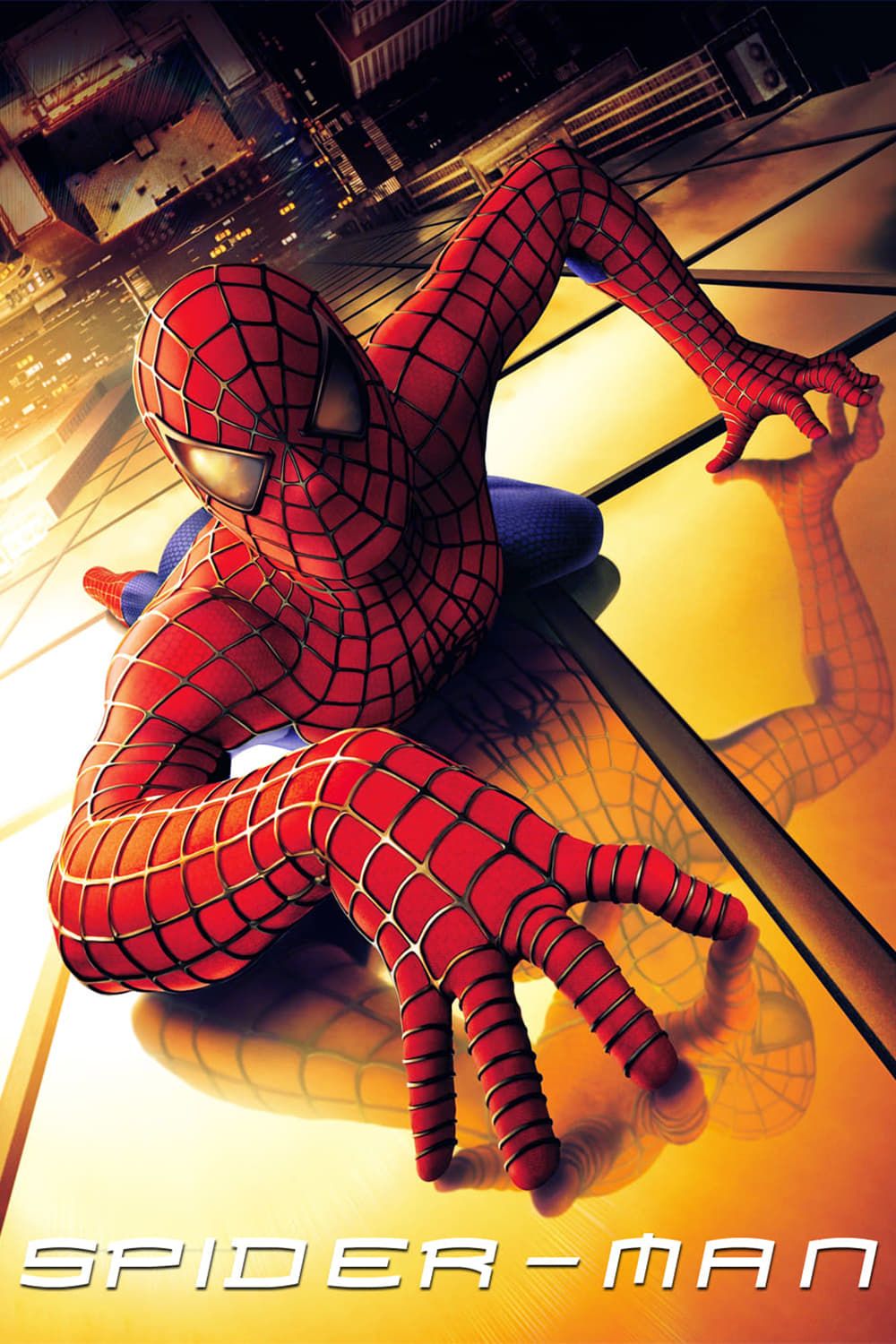
Sam Raimi’s Spider-Man was the first installment in his beloved trilogy, kicking off in 2002 and spawning two sequels in 2004 and 2007. James Cameron intended to write and direct the first film, and one of the few elements from his draft that remained in the trilogy was Peter Parker’s biological ability to shoot webs from his wrists. Raimi’s Spider-Man trilogy has been credited for redefining the modern superhero genre, continued the work of Blade four years prior. A fourth movie was canceled after Raimi withdrew from the project over creative differences, and the Spider-Man storyline has since been rebooted twice, including for the MCU with Tom Holland as Spider-Man.
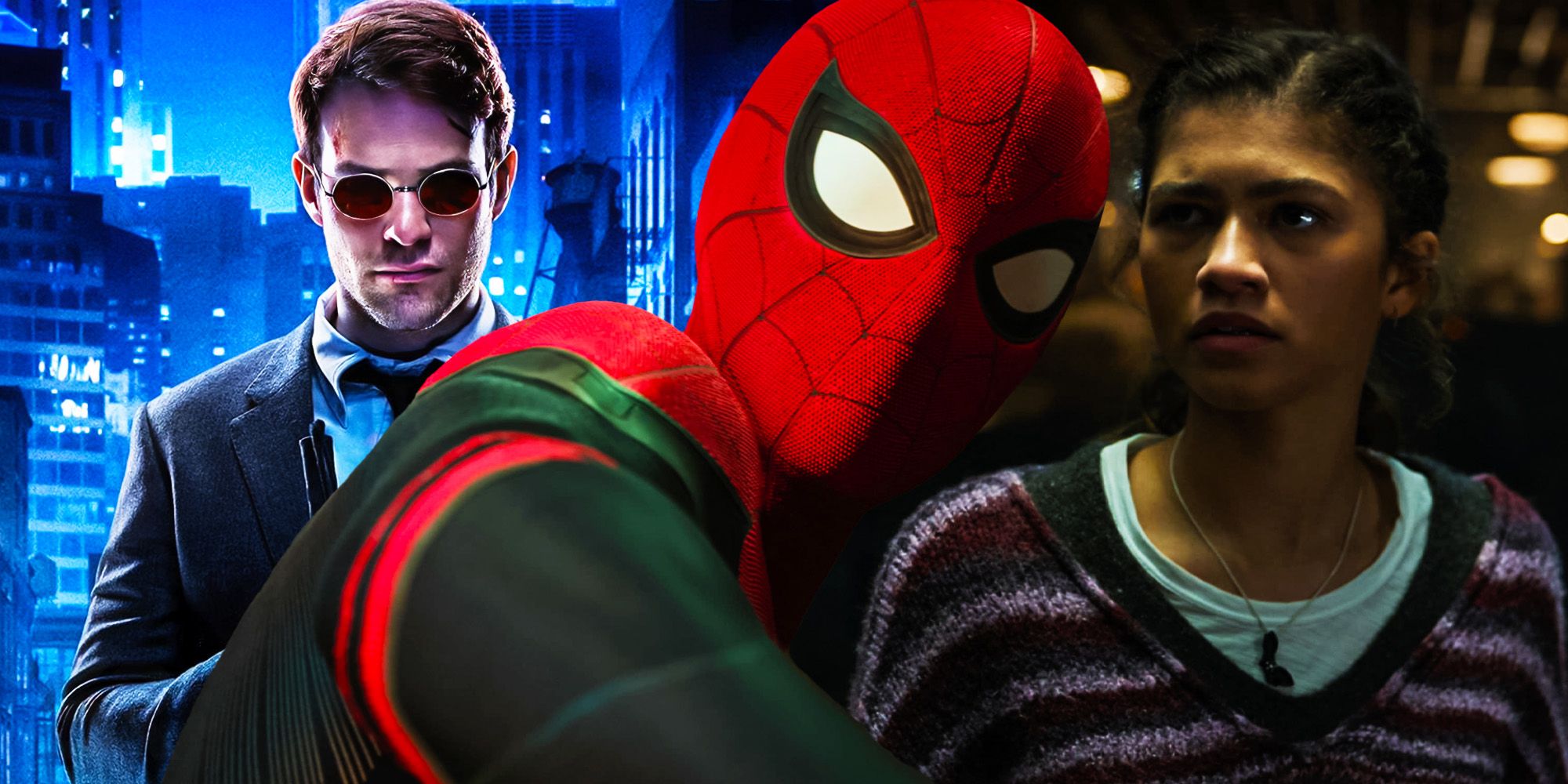
Related
7 Things We Most Want To See In MCU Spider-Man 4
Spider-Man 4 is confirmed to be in development as part of the MCU, and after the events of No Way Home, here’s what we most want to see next.
Hulk (2003)
One Of Few Modern Hulk Feature Films
Directed by Ang Lee and starring Eric Bana, Hulk explored the origins of Bruce Banner. Not to be confused with the MCU’s 2008 reboot, The Incredible Hulk, Hulk was critically panned for its overuse of CGI but has received retrospective praise from critics for its artistic differences from other superhero movies. It has also recently been praised for Lee’s thoughtful attempts to deal with Banner’s issues instead of being a series of action set pieces.
Hulk had a planned sequel, but Universal Studios didn’t meet the film’s deadline, and the character’s rights reverted to Marvel Studios, allowing Edward Norton, and later Mark Ruffalo, to assume the role of the Hulk. While some decisions – like the focus on character melodrama and the appearance of Hulked out dogs – may draw criticism, the movie deserves praise for its markedly different take on the titular character. With Hulk distribution rights up in the air, it’s worth revisiting among a lack of many other Hulk feature films.
Daredevil & Elektra (2003-2005)
A Poorly Received Movie & More Poorly Received Spin-Off
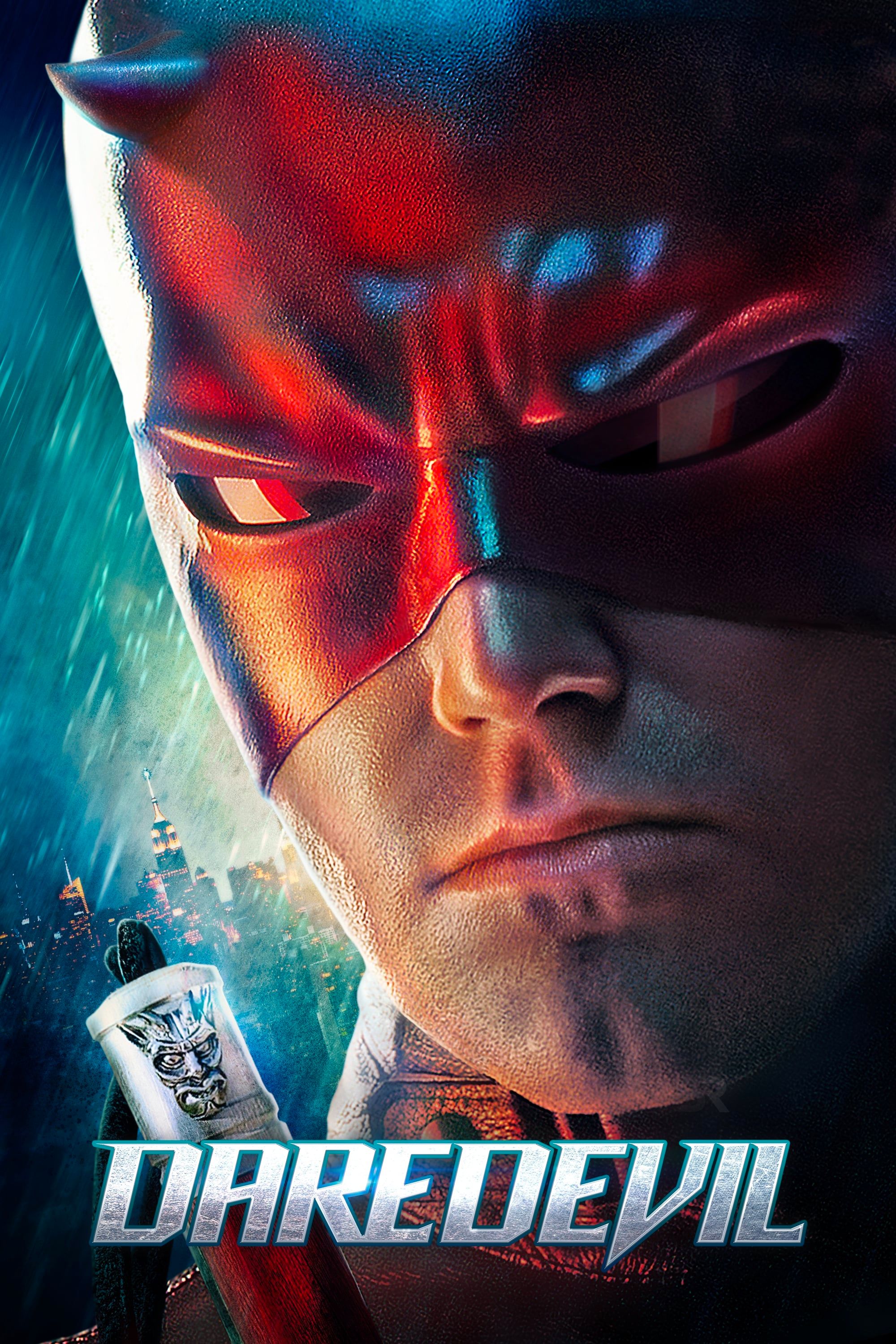
Daredevil
- Director
- Mark Steven Johnson
- Runtime
- 103 Minutes
- Release Date
- February 14, 2003
Daredevil starred future Batman actor Ben Affleck as Matt Murdock, a blind lawyer who fights as the masked vigilante Daredevil. Directed by Mark Steven-Johnson, Daredevil premiered to mixed reviews and was panned for being an overly dark and gritty mess, making it yet another unsuccessful addition to the ranks of non-MCU Marvel movies. The film was also criticized by Stan Lee himself for misinterpreting the character.
The 2005 spin-off of Daredevil, Elektra, starring Jennifer Garner, was a complete critical and commercial failure as well and is credited for being the reason that the planned sequel to Daredevil was canceled – though Garner is reportedly among the Deadpool 3 cast. Daredevil makes sense in theory for its time given the relative lack of heightened special effects, but even the fight choreography falls short. Colin Farrell’s Bullseye misses the mark, but Michael Clarke Duncan does make for an imposing Kingpin.
Foggy Nelson is played by Jon Favreau, who would go on to direct
Iron Man
and play Happy Hogan in the MCU.
Fantastic Four & Fantastic Four: Rise of the Silver Surfer (2005-2007)
Solid Movies For Their Time
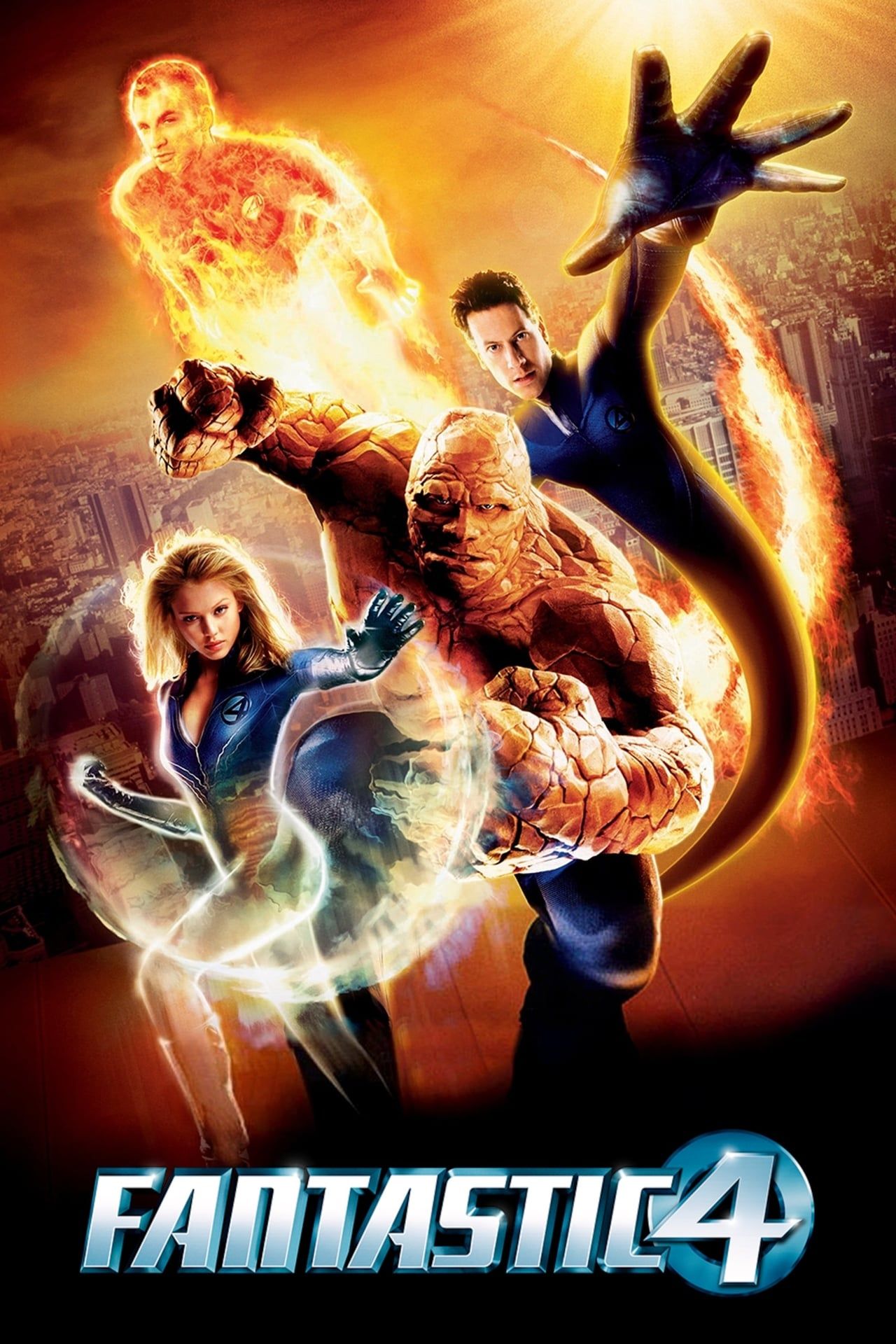
- Director
- Tim Story
- Cast
- Ioan Gruffudd , Jessica Alba , Chris Evans , Michael Chiklis , Julian McMahon
- Runtime
- 106 Minutes
- Release Date
- June 29, 2005
Fantastic Four was released in 2005 by 20th Century Fox and is based on Marvel Comics’ superhero team of the same name. Although Fantastic Four received mixed reviews, the film is still regarded as a commercial success. While the special effects haven’t agreed particularly well, Fantastic Four benefited from strong casting that led to genuine chemistry between the leads.
Its sequel, Fantastic Four: Rise of the Silver Surfer, was released in 2007. Though it’s considered an improvement on the first film, Rise of the Silver Surfer ultimately made less money than Fantastic Four and resulted in the cancelation of a planned third film in this non-MCU film series. Galactus’ reimagining as a giant cloud was criticized, but the special effects for the Silver Surfer (and voice acting by Laurence Fishburne) made Galactus’ herald a success.
Man-Thing (2005)
A Lesser-Known Marvel Project
A less popular non-MCU Marvel movie is Man-Thing, 2005’s dark suspense monster film based on the tragic character from Marvel Comics. The movie is much less action-oriented than most Marvel releases, and the special effects are surprisingly well done. However, it never got enough marketing or word-of-mouth to get remotely close to breaking even at the box office, let alone succeed commercially.
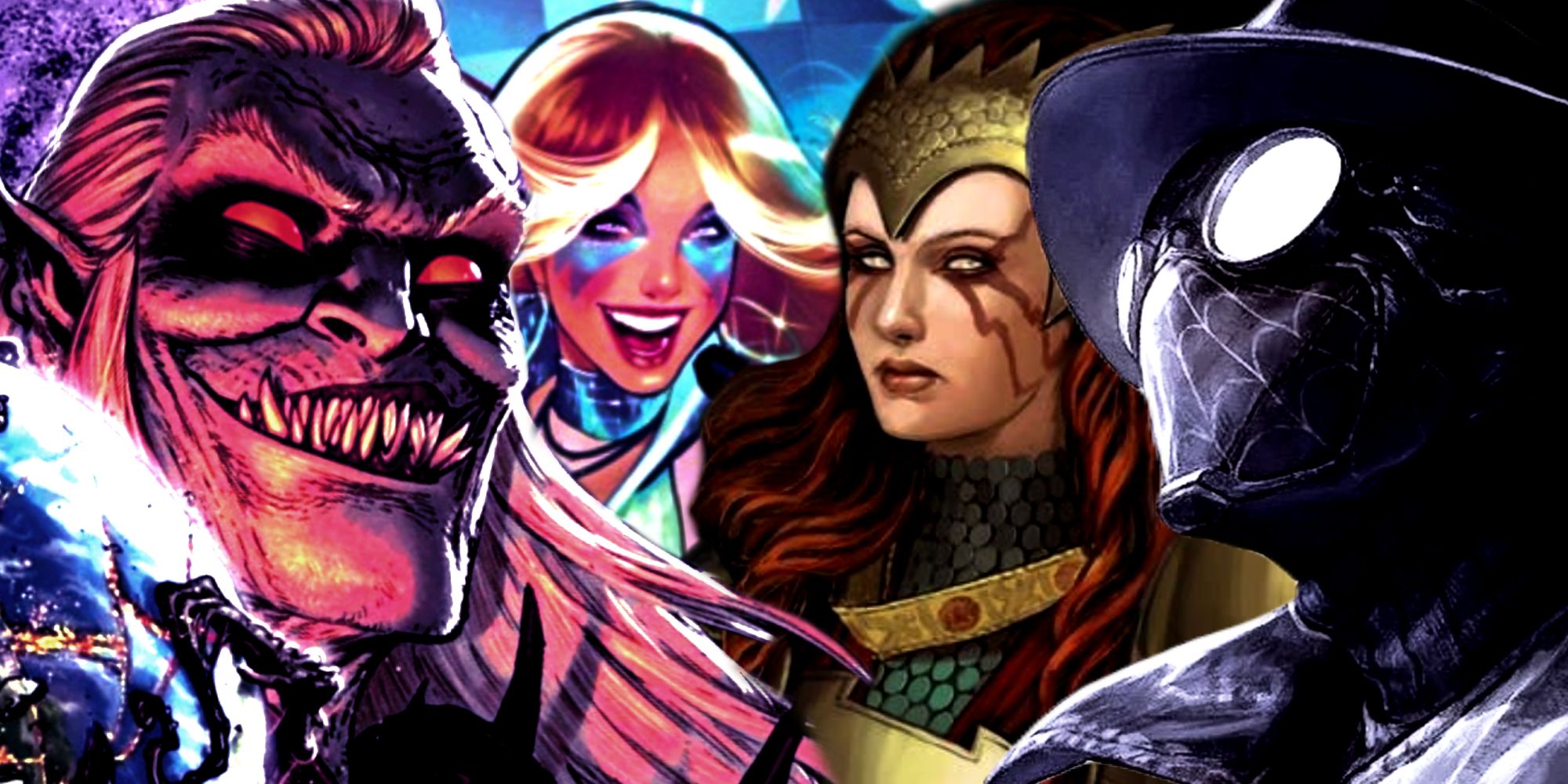
Related
10 Unexplored Film Genres Perfect For Upcoming MCU Movies & Shows
The MCU has already taken inspiration from many film genres, but future Marvel movies and shows can still explore other kinds of stories.
Critics put the last nail in Man-Thing‘s coffin, but the obscure character made his MCU debut during Phase 4’s Werewolf By Night Special Presentation on Disney+, where he was met with far more excitement and praise. Given the character’s unique look and powers, he seems perfect for a reimagining in the modern age. However, the 2005 original was smart to play up the horror genre elements of Marvel’s Man-Thing.
Ghost Rider & Ghost Rider: Spirit of Vengeance (2007-2005)
Hell On Wheels
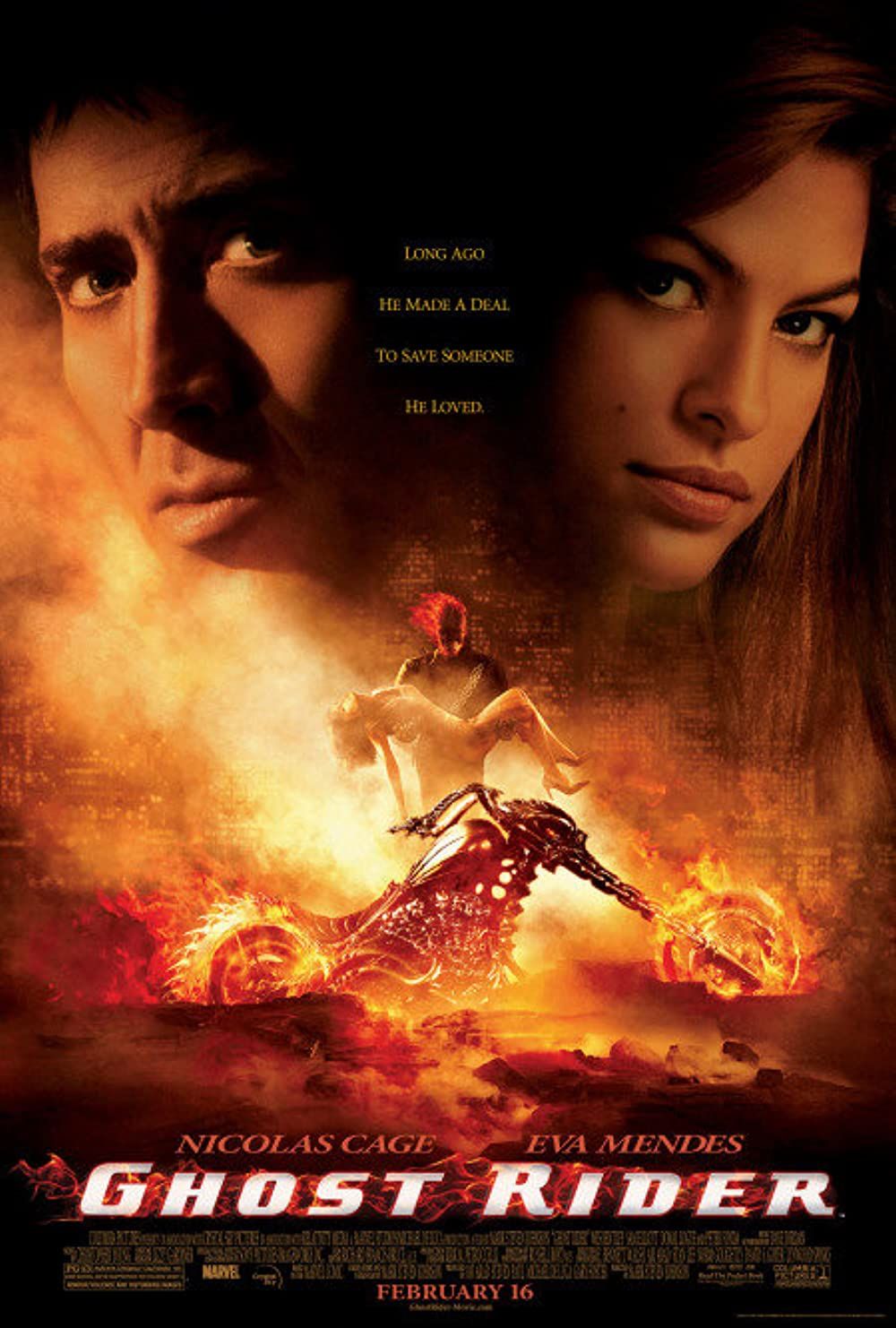
Ghost Rider
- Director
- Mark Steven Johnson
- Cast
- Matt Long , Raquel Alessi , Brett Cullen , Peter Fonda , Nicolas Cage , Donal Logue
- Runtime
- 110 minutes
- Release Date
- January 15, 2007
Ghost Rider was released in 2007 to overwhelmingly negative reviews despite starring Nicolas Cage in the titular role. Although the film was panned, Ghost Rider was still a box office success, and its sequel, Ghost Rider: Spirit of Vengeance, was released in 2011. Marvel initially began development for a Ghost Rider adaptation in 1992, but the film wasn’t announced until 2003 following a deal with Columbia Pictures.
After the failure of Ghost Rider: Spirit of Vengeance, Cage publicly stated that he was done with the franchise, and a planned third movie was canceled. Shortly after, the character was rebooted for an appearance on Marvel Television’s Agents of S.H.I.E.L.D. Ghost Rider has yet to join the MCU on the big screen.
The Amazing Spider-Man 1 & 2 (2012-2014)
A Short-Lived Spider-Man Reboot
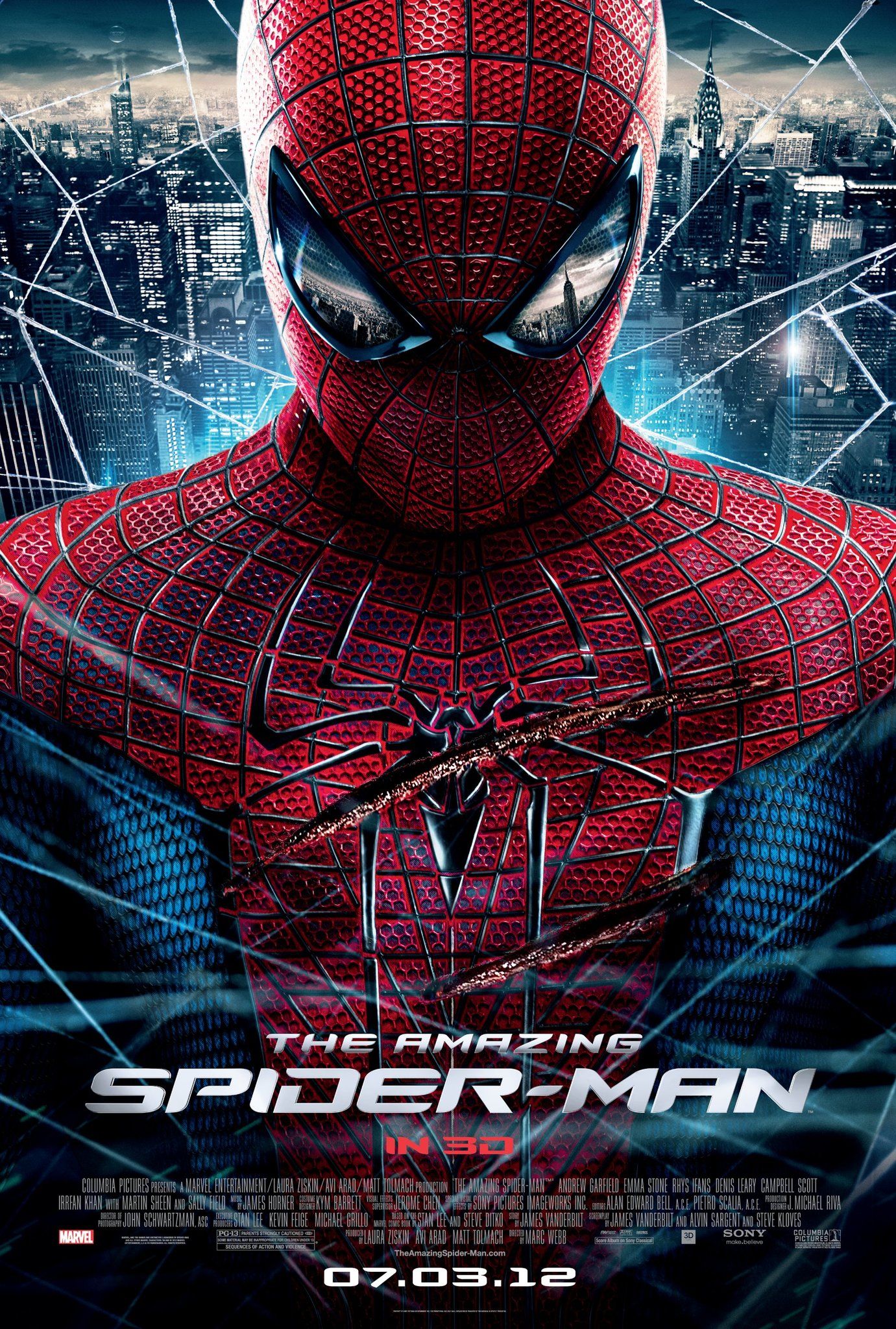
2012’s The Amazing Spider-Man went into development immediately after the cancelation of Sam Raimi’s Spider-Man 4. Andrew Garfield took on the role of Peter Parker for The Amazing Spider-Man, which premiered to mostly positive reviews but suffering from undeveloped storylines and a divisive villain in Lizard.
Two years later, The Amazing Spider-Man 2 was set to mark the beginning of a shared universe at Sony that would include films based on Venom and the Sinister Six, but a disappointing box office meant that these plans were canceled. Following this, Marvel Studios and Sony entered a deal to reboot Spider-Man for the MCU, and Tom Holland debuted as Spider-Man in Captain America: Civil War. Fortunately, Garfield reprised the role in the multiversal Spider-Man: No Way Home.




